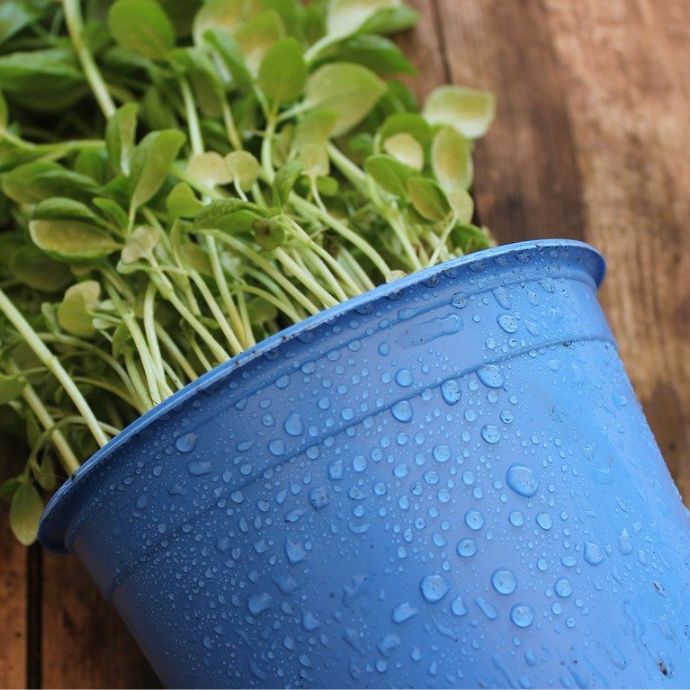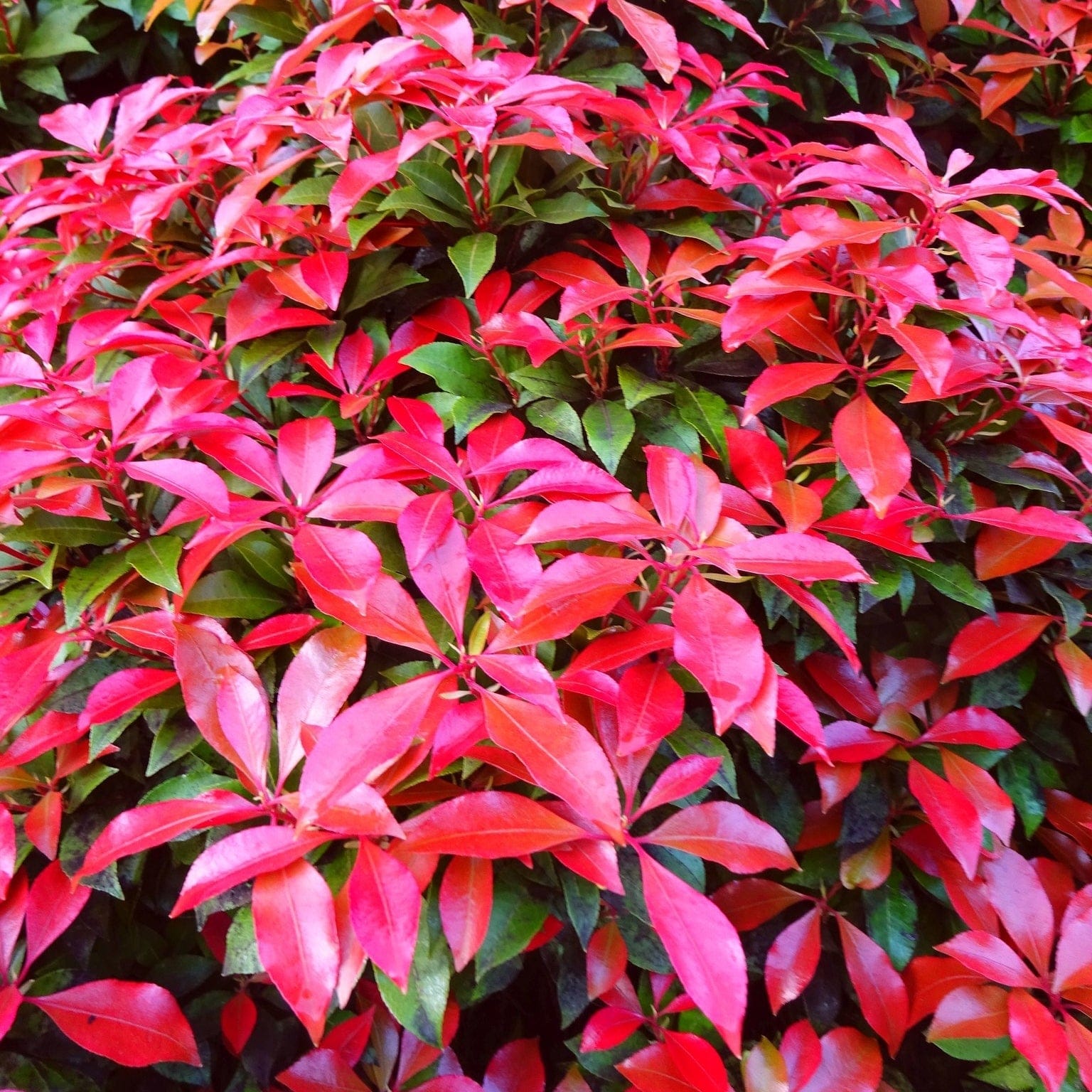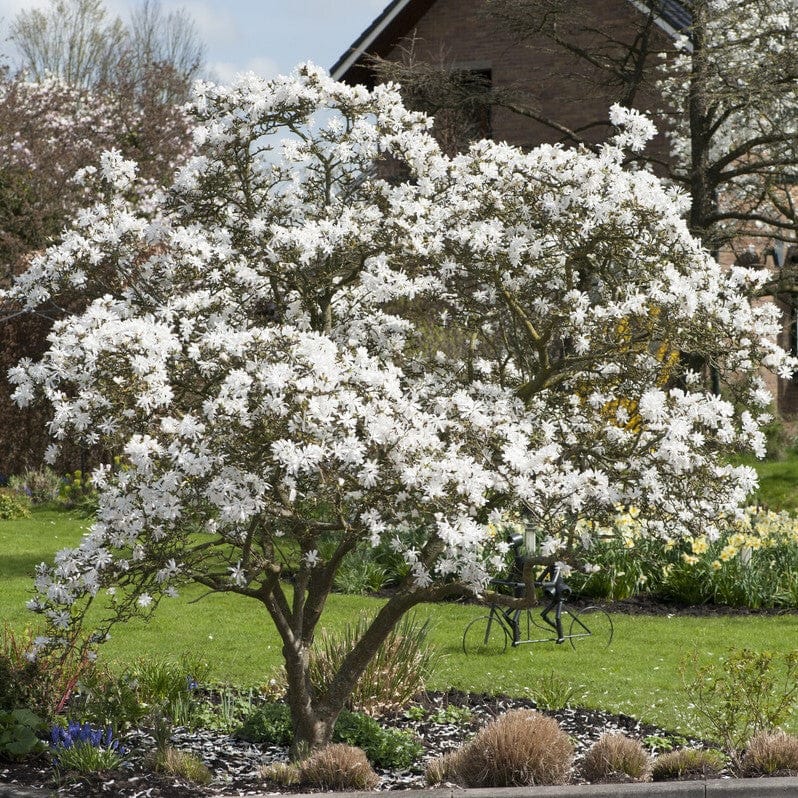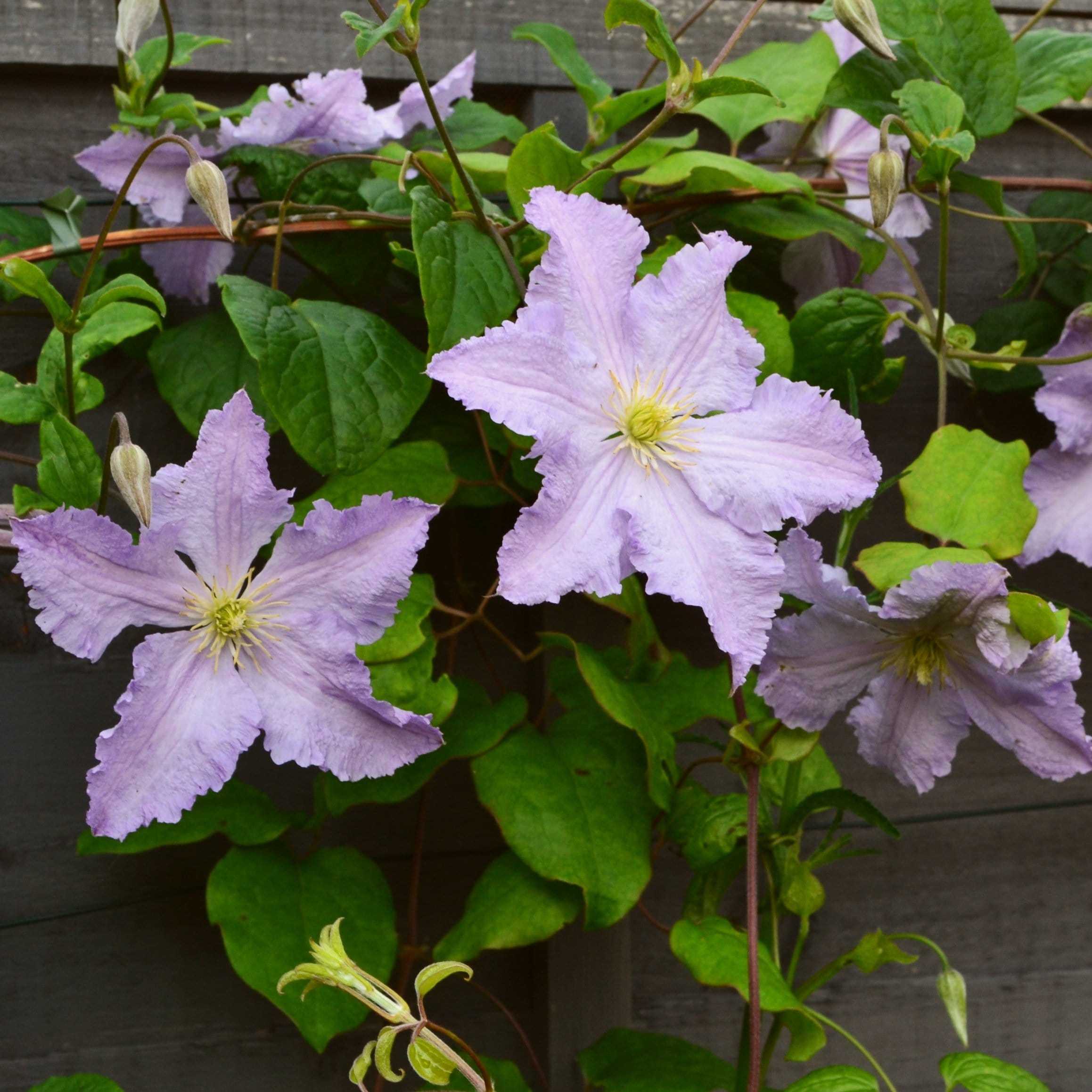Advice & Inspiration
Are all Pesticides Bad?
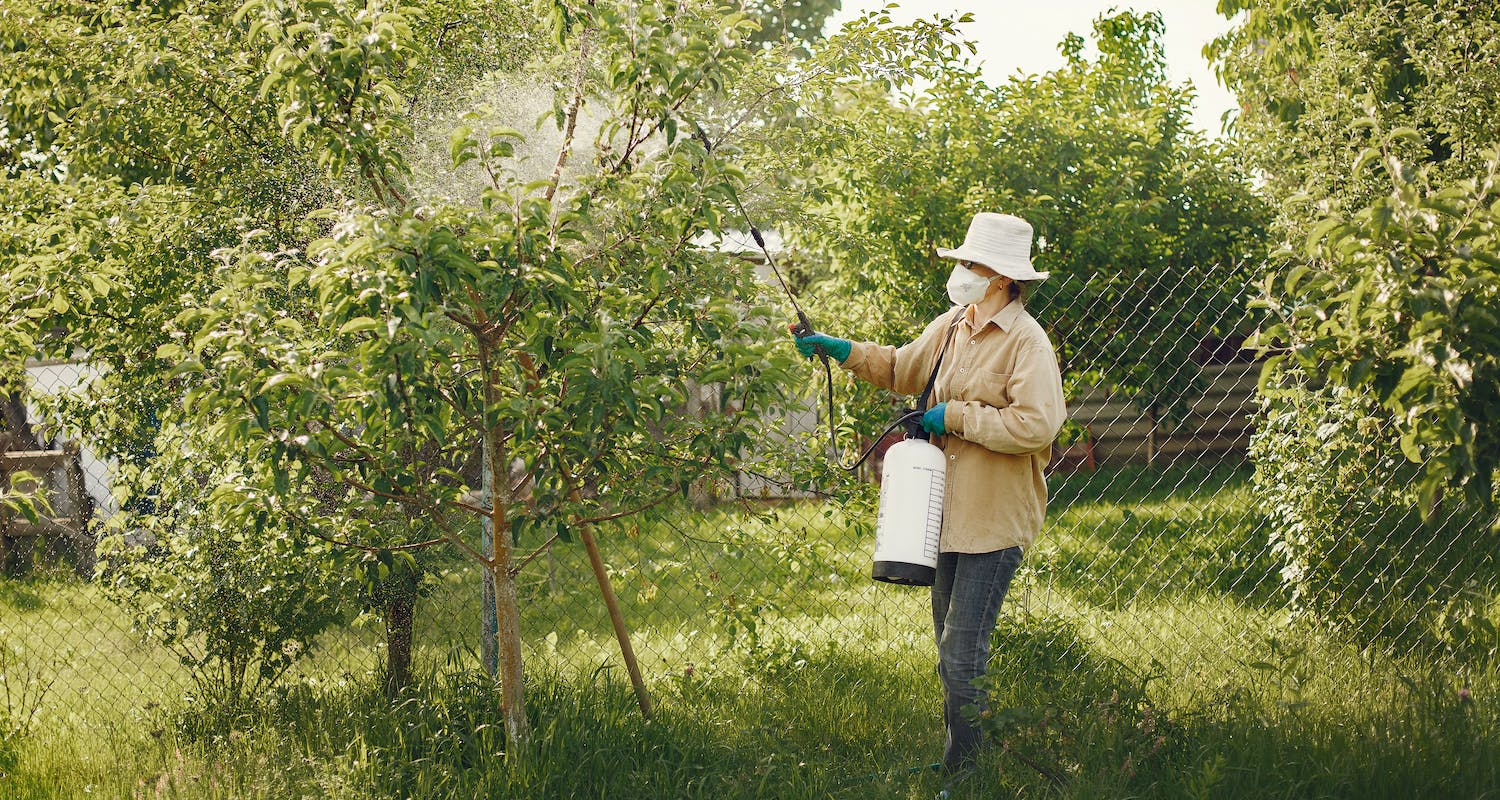
When you think of pesticides what often comes to mind is the strong chemical compounds sprayed on commercial fruit and vegetable crops - they may produce large yields, but they’re known for being harmful to wildlife and in some cases, human health. Although the pesticides sold for gardens aren’t anywhere near as strong, many gardeners are now turning away from commercial pesticides and looking for more natural ways to kill pests and protect their crops: we explore some of the options.
1. Vegetable Oil Spray
This spray can help to remove clinging insects such as aphids, mites and thrips from your plants. Mix about 300ml of vegetable oil with a tablespoon of liquid soap or washing up liquid, then add 1 tbsp of this mixture to 1L of water and shake thoroughly. Spray it directly onto the affected plant surfaces. The oil coats the insects’ bodies. Blocking their pores and suffocating them - you can then wipe them off.
2. Soap Spray
Soap spray can also be very effective against mites, aphids, whitefly (scourge of pepper plants!) and beetles. Mix 2 tablespoons of liquid soap in a litre of water and spray directly onto the plants. This spray should be applied in the cooler mornings or evenings and not used when the weather is hot, to avoid it drying immediately.

3. Neem Oil
Neem oil is a powerful natural insecticide, but is harmless to pets, birds, fish and other wildlife. It works as a hormone disruptor, preventing insects from feeding on leaves and other parts of plants. It is also a very effective fungicide that works against powdery mildew and other fungal infections. To use it, mix one tablespoon of Neem oil with a teaspoon of liquid soap in a litre of water. Shake thoroughly and spray it on the affected parts of the plant. You can also spray it on leaves before they become affected, to deter pests.
4. Diatomaceous Earth
Diatomaceous Earth is a natural rock made from fossilised algae, which is estimated to make up 26% of the earth’s crust by weight. It’s a natural insecticide which works by absorbing the lipids from insects’ exoskeletons and dehydrating them to death.
Dust the diatomaceous earth around your plants (this will also keep slugs and snails away!) or sprinkle it on the affected leaves. As it’s a powder, you will need to reapply it after rain.

5. Tomato Leaf Spray
Tomatoes are part of the nightshade family. These plants contain chemical compounds which can control aphids and other insects - the active ingredient here is tomatine. To make tomato leaf spray, chop two cups of fresh tomato leaves (which can be taken from the bottom part of the plant) into a litre of water, and let it stand overnight. Strain out the leaves the next day and spray the liquid on the affected plants. If you have pets, dispose of the tomato leaves carefully as these are poisonous to cats and dogs.
6. Garlic Spray
Growing garlic is an excellent insect repellent, as they hate the smell! To make a more concentrated spray, puree two whole garlic bulbs in a food processor or blender, with a small amount of water. Leave it overnight, then strain it into a litre of water with a teaspoon of liquid soap and 100mls of vegetable oil. Dilute 300ml of this mixture in a litre of water and spray onto the affected plants. This spray is not an insecticide, but it will help to keep them away.

7. Chilli Spray
Chilli spray is another insect repellent. You can make it from fresh chillies in the same way as the garlic spray above, or substitute a tablespoon of chilli powder. Omit the last step and use the liquid neat on the affected parts of your plants.
Do not use this spray if you have pets (especially cats) which could brush past the plants and get chilli in their eyes.
As well as using pesticides, good pest control is about achieving a natural balance. By encouraging predators to your garden, you can let them control your insect and mollusc populations without the hard work! You can also use Companion Planting as a way of protecting your plants.
Still looking for more advice?
Find more gardening knowledge guides by clicking the button below.


